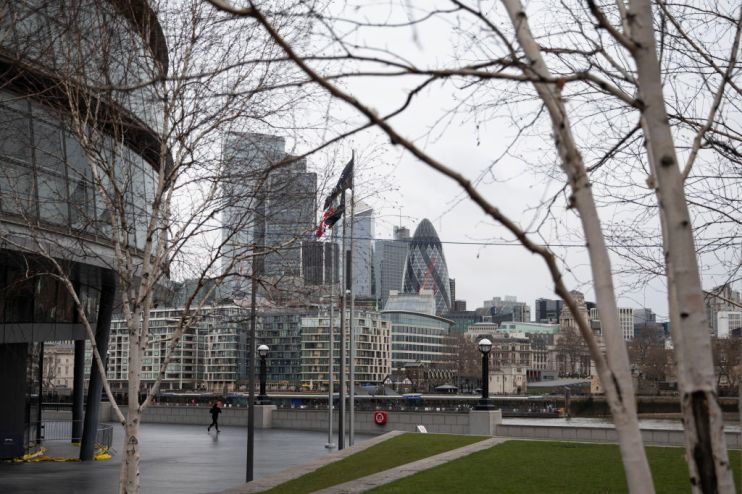The Bribery Act: Ten years on

This year marks ten years since the Bribery Act came into force. It was enacted in 2010 but was not active until the following year. In May 2019 a House of Lords Select Committee of which I was a member scrutinised the Bribery Act and concluded that overall it was working well.
The immediate reaction from businessmen at the outset when the Bribery Bill was enacted was that British companies would find it harder to compete internationally.
There was a particular concern that facilitation payments were being outlawed (unlike the American equivalent which provides an exception in certain circumstances) and there was a fear that the new offence created by section 7, punishing businesses for failing to prevent bribery, would be onerous.
Read more: Listen to City A.M. Editor Andy Silvester’s interview with Chancellor Rishi Sunak
In practice, as the Lords Committee found, there is little sign that the Bribery Act has prejudiced UK business. If anything, it has resulted in companies improving their governance and compliance and, by not using third party agents, finding themselves better able to compete internationally.
What’s more, no witness giving evidence to the Lords Committee suggested that there should be any relaxation of the prohibition on facilitation payments.
Many companies undertaking international business have traditionally relied upon agents, advisers, intermediaries, business partners (whatever the name, the role is the same) to identify and secure international contracts and this has often resulted in corrupt payments being made to secure business.
However, increasingly, companies are no longer using agents and many have found that, as a result, they have developed far better relations with their customers with whom they now deal direct and no longer through a third party.
The Bribery Act together with high profile investigations into BAE Systems, Siemens, Rolls-Royce and Airbus have frightened many companies into honesty and, although last year the SFO announced an investigation into Bombardier, there have been few new cases recently.
Indeed, the number of prosecutions brought under the Bribery Act has been very low and mostly involving small payments, such as a £500 bribe to a traffic warden. Recent high-profile SFO cases, such as Rolls-Royce, Airbus and Serco related to activities prior to the Bribery Act being enacted.
Meanwhile, the US Department of Justice continues to be active having agreed a deferred prosecution agreement with Goldman Sachs and a penalty of US 2.9 billion in connection with a scheme to pay over $1 billion in bribes to Malaysian and Abu Dhabi officials to obtain lucrative business.
The DoJ also pursued an investigation into 1Malaysia Development Berhad, alleging that more than US$4.5 billion was diverted from 1MDB by Jho Low and other conspirators including officials from Malaysia, Saudi Arabia and the United Arab Emirates for their personal use.
Interestingly, one consequence of the Bribery Act was that many organisations have adopted very tight restrictions on gifts and hospitality.
From a time when organisations were profligate with their generosity, the pendulum has swung so far the other way that many companies now shy away from offering even a sandwich lunch to a client or customer. The days when an airplane was delivered carrying a Rolls-Royce car as a sweetener gift for the purchaser are well and truly over!
Last year’s Lords Select Committee inquiry suggested that a balanced approach and more guidance from government as to what is permissible was required.
Whether as a consequence of the Bribery Act or increased FCPA enforcement activity by the DoJ, a number of countries have supported the move towards clean business. International companies undertaking government work have realised that conviction for a corruption offence inevitably leads to debarment, putting the business at serious risk. Even countries that are high up the Transparency International corruption list have demonstrated a willingness to debar convicted companies.
Despite the success of the Bribery Act, now is not the time to be complacent. The Covid-19 pandemic has resulted in many businesses, some very large ones, fighting for survival. Despite the Bribery Act some managers under stress or pressure, determined to achieve greater sales and survive, may be tempted to take business risks and revert to unacceptable behaviours.
Company Boards must be particularly vigilant and ensure that management is not putting the company in jeopardy. This is a time for Boards to seek independent assurance that policies are being followed and values maintained. After all the progress that has been made, it would be disastrous if businesses now revert to the wrongful practices of the past.